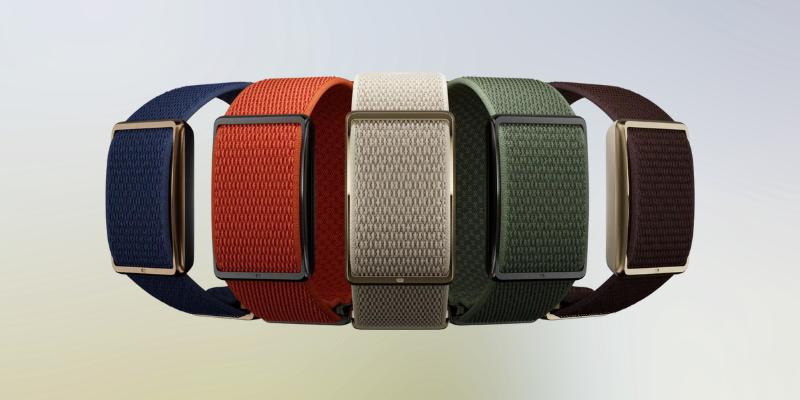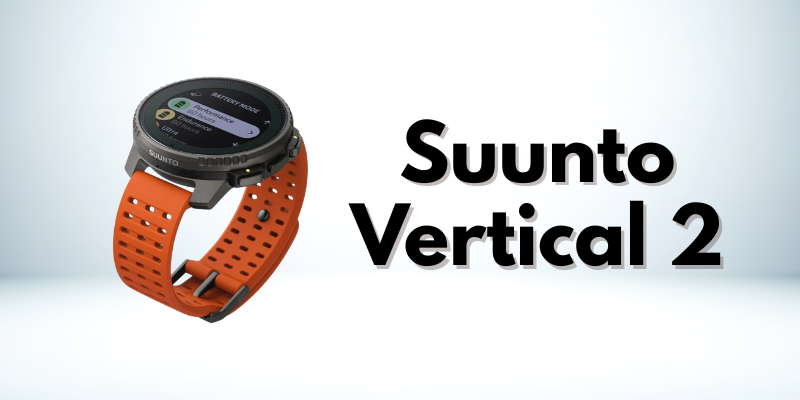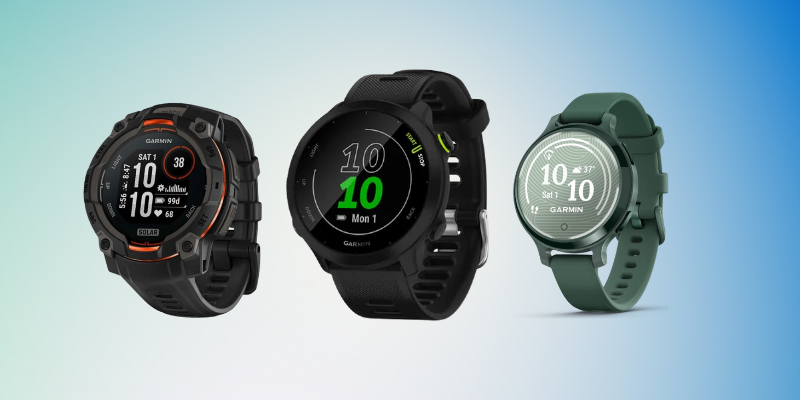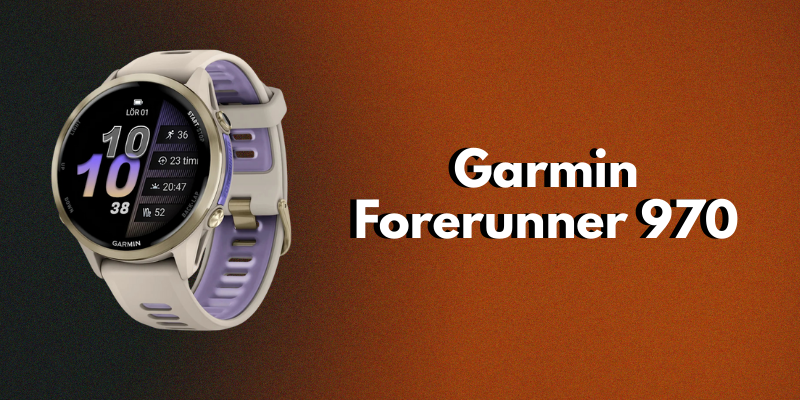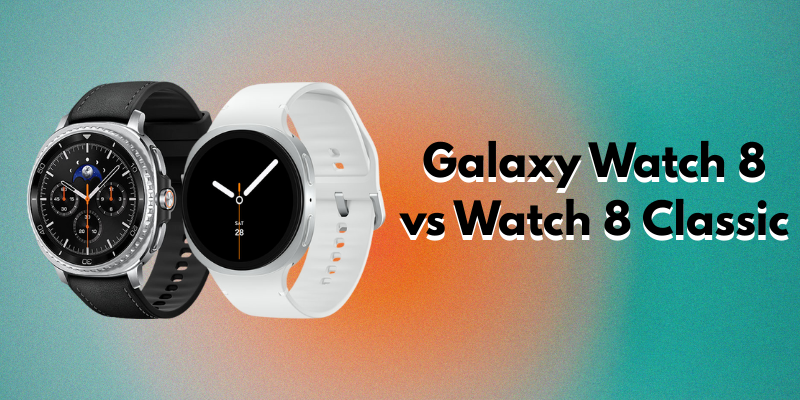Why Is My Garmin Stress Level High While I’m Sleeping?
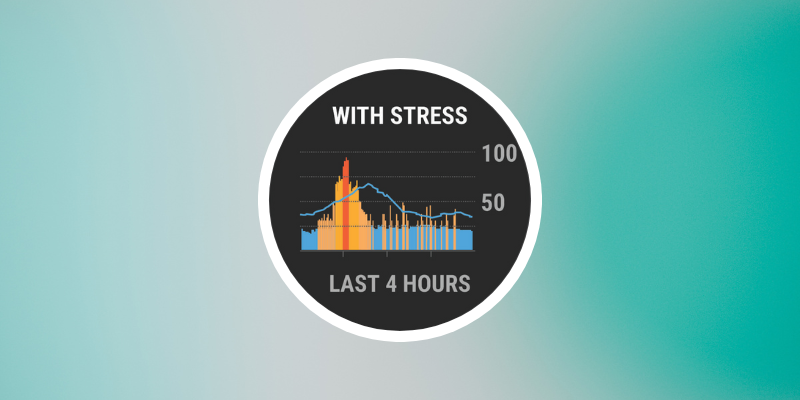
Waking up to a high stress score on your Garmin - even after a full night’s sleep? You’re not alone. Many Garmin users are confused by elevated overnight stress levels that seem to contradict how they actually feel.
To help explain this fairly common, and sometimes worrying issue among Garmin users, we’ve put together a helpful guide that might help you gain a better understanding of why this is happening - and maybe even a few suggestions on how to solve it.
It should, however, be noted that while we are Garmin enthusiasts, we are not experts, and since stress levels can sometimes be an indicator of more serious health issues, you should always consult a medical professional if you have any questions or concerns.
How Garmin Defines "Stress" During Sleep
Garmin’s overnight stress metric is based solely on heart rate variability (HRV) - the variation in time between individual heartbeats. During sleep, especially in lighter sleep phases and REM, HRV typically lowers, which your Garmin can sometimes interpret as elevated physiological stress. The scale ranges from 0 (rest) to 100 (high stress), with readings above 25 displayed in orange/red.
All stress metrics during sleep are computed locally on the watch - Garmin Connect does not recalculate values when you edit sleep windows, so manually adjusting sleep times won't alter the overnight stress results.
Why Stress Tends to Spike Early in the Night
REM Sleep & HRV
Most users report that stress spikes occur in the first 2–3 hours of sleep, which often correspond with REM. That phase suppresses HRV, leading to higher stress readings - even when you're sound asleep.
Lifestyle & Physiological Factors
Based on our research into this subject, we have found several different reports that connect these phenomena to:
- Alcohol: Even a single drink can lower HRV for hours.
- Heavy or late dinners: Digestion disrupts recovery and reduces HRV.
- Environmental temperature: Overheating, tight clothing, or covering wrists can skew HRV readings upward.
- Medications or stimulants: Allergy meds or caffeine may elevate night stress via heart rate impact.
Additionally, a strap that is attached too tightly to your wrist can artificially depress HRV, producing persistent high stress scores. If you’re having trouble with your strap and want to invest in a new one, then we recommend checking out our collection of Garmin straps for every model available on the market.
Tips to Improve Overnight Stress Readings
Based on the findings above, we recommend the following steps to reduce inaccurate stress levels while sleeping:
-
Loosen your strap slightly
This might prevent overly compressed HRV readings. -
Finish eating less than four hours before bed & avoid alcohol
Might reduce HRV disturbances during early sleep -
Maintain a cool, ventilated sleeping environment
Avoids thermal stress and improves recovery -
Exercise during the day, avoid late caffeine
Improves baseline HRV and night recovery -
Wait a few days after resetting or pairing Garmin
Baseline stress values stabilize after consistent wear -
Track trends, not single nights
Occasional spikes are common; consistent patterns matter
When to Be Concerned (and Consider Professional Advice)
As stated previously, this guide is meant to help you eliminate the issue of inaccurate stress levels on your Garmin smartwatch. If you have any reason to suspect that the levels are not inaccurate, then you should consult with a professional. It’s also worth noting that Garmin stress tracking is not diagnostic, but significant patterns can flag deeper issues:
- Consistently high overnight stress despite healthy habits
- Ongoing low Body Battery, persistent fatigue, or disrupted sleep
- Elevated readings preceding illness symptoms or affecting daytime well-being
If these emerge, it may be worth discussing with a medical professional - especially if linked to sleep apnea, hormonal imbalance, or stress-related conditions.
Final Notes
Night‑time Garmin stress spikes usually stem from HRV suppression during early sleep phases, amplified by lifestyle, diet, strap tightness, illness, or environmental factors. Understanding these nuances - and applying simple fixes - can restore more realistic overnight stress readings and help your Body Battery recover optimally.
Frequently asked questions
Q: Can Garmin detect emotional stress during sleep?
A: No, Garmin’s stress readings are based on HRV, not emotional input. High scores during sleep usually reflect physical strain or lowered HRV, not anxiety or mental stress.
Q: Why is my stress high during naps but not at night?
A: Short naps can overlap with REM sleep phases, where HRV is naturally lower - leading to a higher stress score.
Q: Does Body Battery correlate with sleep stress?
A: Yes, indirectly. Poor overnight recovery and elevated stress typically reduce your Body Battery score the next morning.




